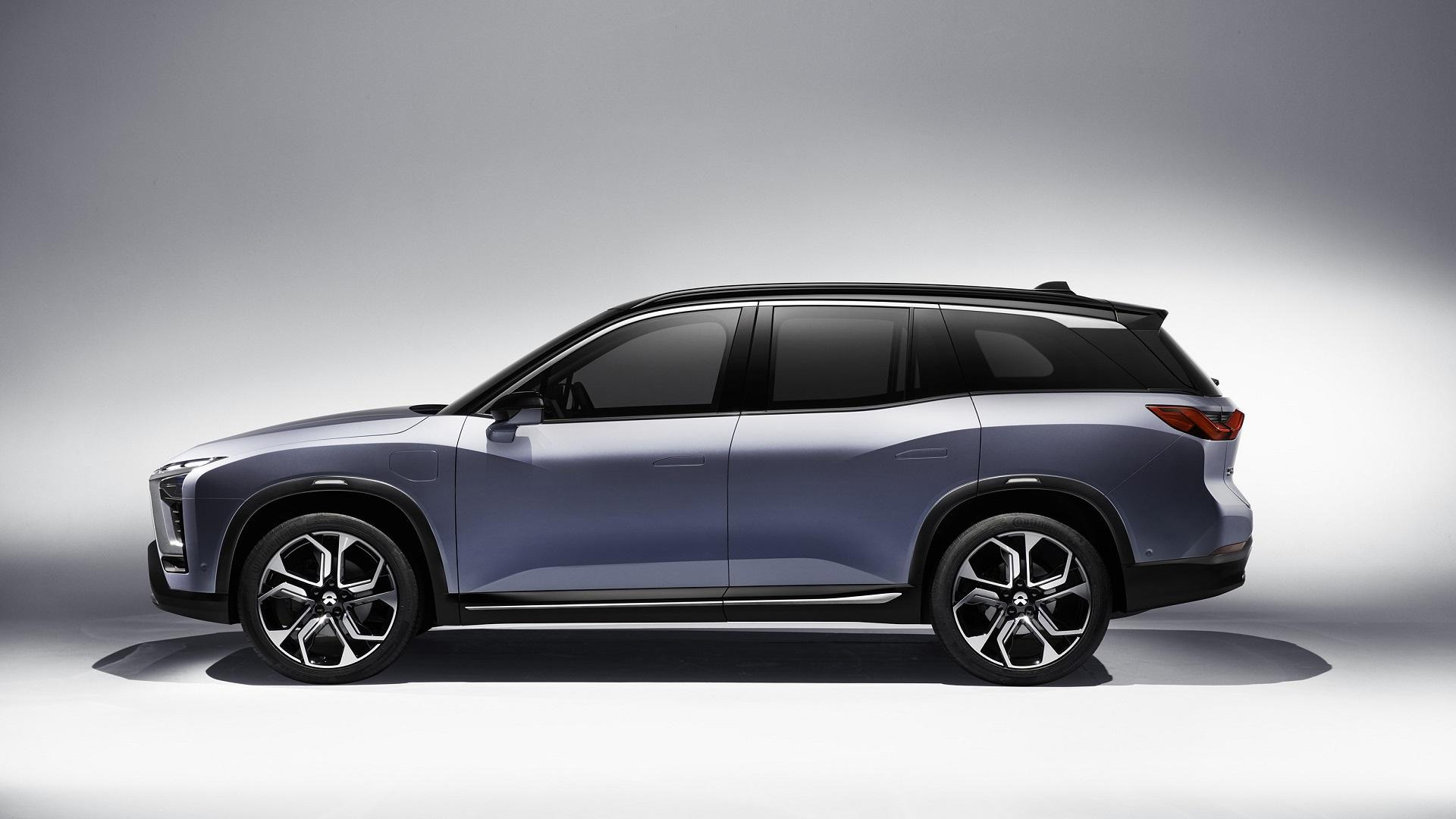

Nio, the Chinese electric-car startup formerly known as NextEV, doesn’t plan to sell cars in the United States until 2020. But the company is already planning an initial public offering for later this year, according to Reuters.
Reportedly worth up to $2 billion, the IPO would be the biggest Chinese stock listing in the U.S. since the $25 billion float of stock for tech giant Alibaba in 2014, the report said. Nio has reportedly tapped eight banks, including Morgan Stanley and Goldman Sachs, to work on the offering. The company hopes to use funds generated by the IPO for further development work on batteries on autonomous-driving systems, the report said.
Founded in 2014 as NextEV by entrepreneur William Li, Nio is one of numerous startups looking to repeat the success of Tesla. China’s status as the world’s largest new-car market, its generous electric-car incentives, and an imminent clampdown on emissions have led to the propagation of native startups like Byton, and Chinese backing of foreign startups like Faraday Future.
Nio unveiled an electric supercar called the EP9 in 2016. It briefly held the production-car lap record at the Nürburgring (it was later beaten by the Lamborghini Huracán Performante). But the EP9’s status as a production car was always questionable, since Nio only made 16 copies priced at $1.48 million each.
The company’s first true production model is the ES8, a seven-seat crossover that launched in China in December. It boasts 643 horsepower, 619 pound-feet of torque, zero to 62 miles per hour in 4.4 seconds, and a range of 220 miles, according to Nio. The ES8 also undercuts the price of the Tesla Model X in China, but mostly because the Tesla is subject to heavy import fees and taxes that the locally-produced Nio isn’t.
Nio has said that it will bring an electric car with some degree of autonomous-driving capability to the U.S. in 2020. It’s unclear if Nio plans to import the ES8, or sell a different model here. Either way, a lot can happen in two years, and the futures of electric-car startups are particularly difficult to predict.